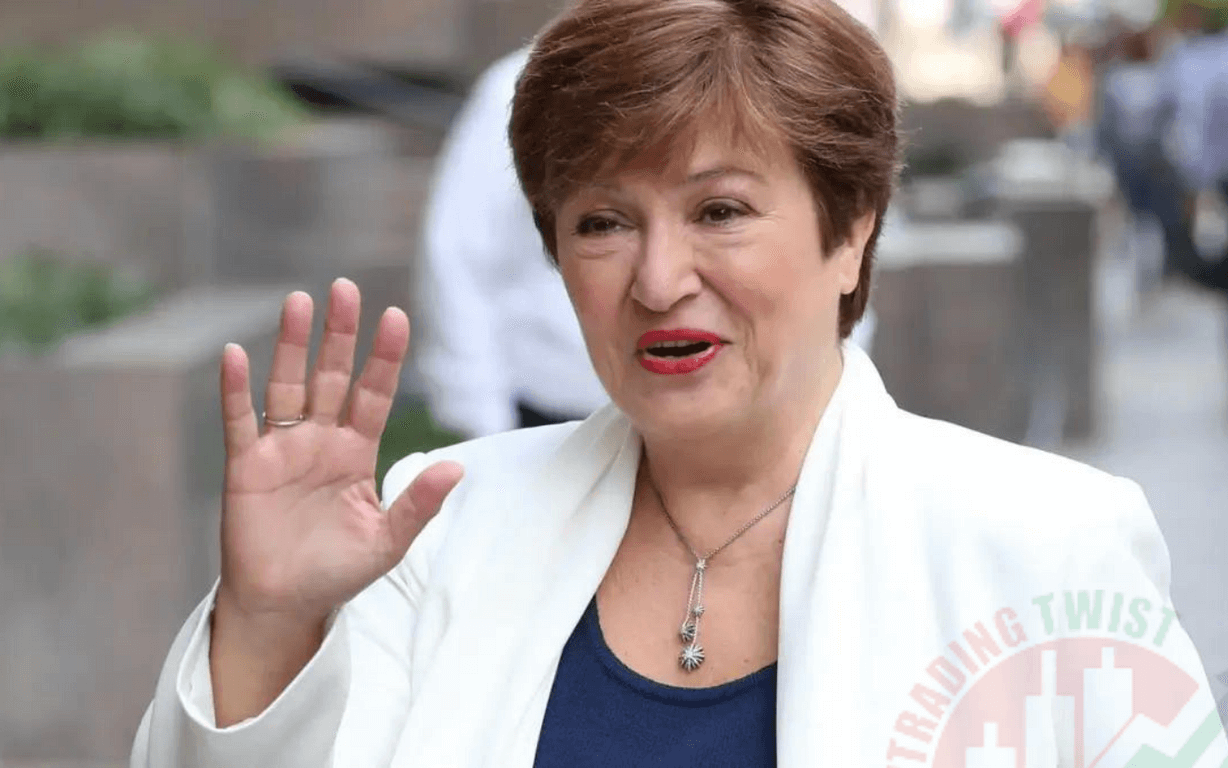
The IMF Chief Georgieva issued a warning global economy at the beginning of the new year, predicting that the global economy will have “a rough year, tougher than the year we leave behind.”
The industrial activity in Germany contracted quicker than anticipated in December, according to PMI statistics, while the manufacturing PMI for Europe registered at 47.8, in line with forecasts.
Despite this, trade on the first trading day of the year in Europe was rather upbeat as European natural gas futures fell due to the warm weather.
The dollar-yen briefly fell below the 130 level as a result of the US dollar index’s muted start to the year. The EURUSD, on the other hand, was unable to extend its advances above the 1.07 level, while Cable held steady to slightly upward near its 200-DMA, which is located close to the 1.2030 level.
Despite recent upward pressure on rates, gold prices increased to $1843 per ounce. In contrast, oil prices stayed offered into the 50-DMA, which is currently just below the $81 per barrel level.
Bitcoin trading is still monotonous.
This week, we’ll be keeping an eye on the FOMC minutes, US jobs statistics, and OPEC meeting in terms of economic data.
Automobile manufacturers report their Q4 deliveries on the front of individual stocks. While Rivian reportedly boosted production in the fourth quarter of 2022 to achieve its 25’000 yearly objective, Tesla apparently hit a new record but delivered fewer cars than anticipated in the previous quarter.
Global economies are facing an even tougher 12 months than the one just past as the core powerhouse economies are all in decline, simultaneously.
Kristalina Georgieva, the managing director of the International Monetary Fund, stated in a CBS interview: “This year will be harsher than the one we leave behind for the majority of the global economy. Why? because the economies of the US, China, and the EU are all slowing down at the same time.”
According to the institution, global growth will have decreased from 3.2% in 2022 to 2.7%, if not even lower, by the end of the year. This was a far cry from the 6% recorded in 2021.
The IMF revised its forecast for the world economy’s growth this year from 3.2% for 2022 and 2.9% for 2023 three times by October of last year.
IMF director issues a “fundamental shift” warning regarding the state of the global economy.
In the most recent interview, Georgieva stated that if central banks get “cold feet” and veer away from their present inflation-fighting track, economic growth could decrease even lower.
She warned that if the banks chose to “slow down the fight against inflation, we then run the risk of inflation becoming more persistent” as a result of the decreasing rate of growth.
“You have to see a credible drop in inflation, and only then, can you think about recalibrating rate policy,” was the IMF’s advice to the central banks.
Georgieva acknowledged China as one of the major contributors to the other primary causes of the slowdown in the global economy.
The nation has the second-largest economy in the world, and prior to Covid, it made a 30–40% contribution to the expansion of the world economy.
At the conclusion of last year, the Chinese Communist Party chose to scale back its zero-Covid policy, which resulted in an increase in the number of Covid cases.
Best bond purchases following the 2022 bear crash
According to Georgieva, the benefits of the global economy reopening would outweigh the negative effects of people not being able to go to work on growth.
Given how dependent the rest of the world was on Chinese exports and supply chains, she claimed that “up until now, the main impact on inflation came from restrictions due to Covid… now we have the impact of people getting sick and not being able to go to work, but the economy would be open.”








